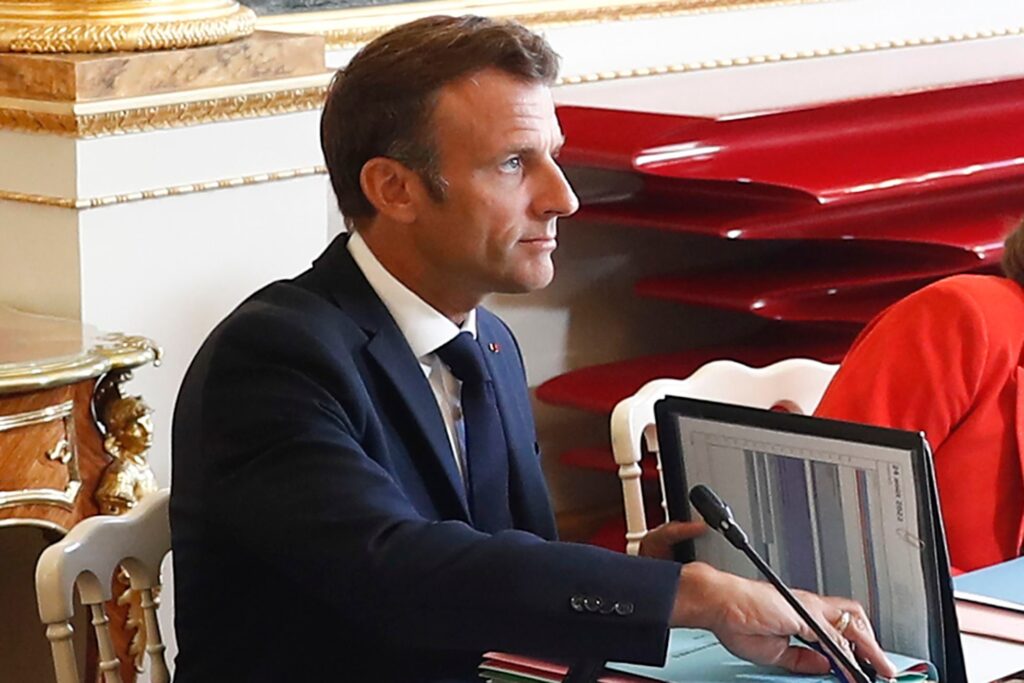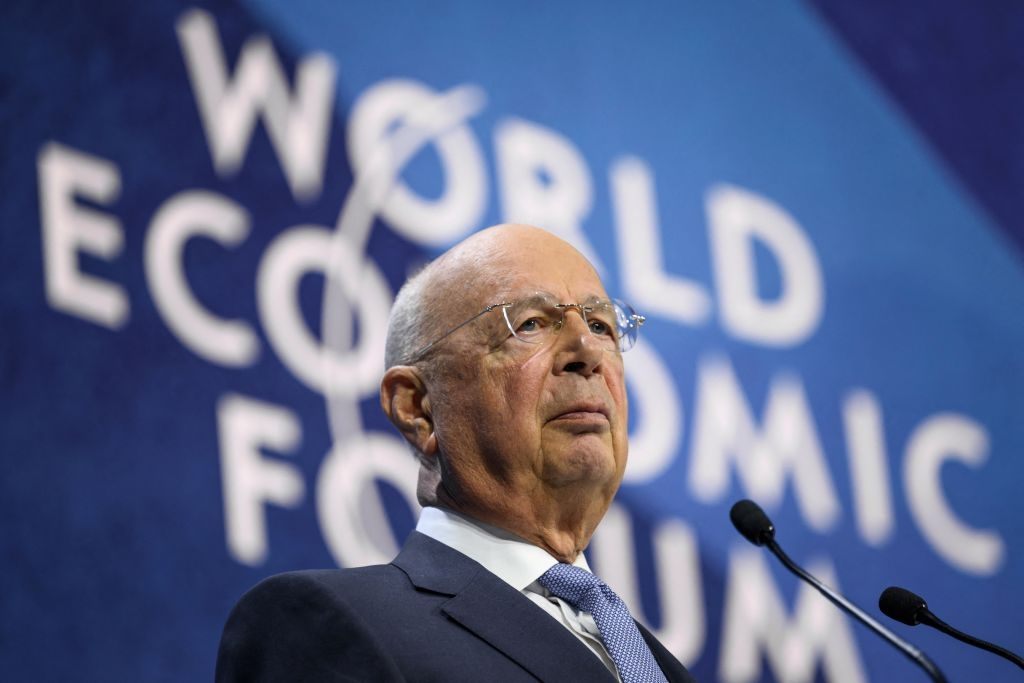Why US hegemony is incompatible with a ‘rules-based international order’

A bad argument for invading the Solomon Islands reflects the inherent conflict between America’s dominance and its purported liberal values.
There is no shortage of bad ideas circulating in U.S. foreign policy discourse. On occasion, however, a particularly poor argument can be helpful insofar as it reveals something noteworthy about the assumptions and ideology that produced it.






